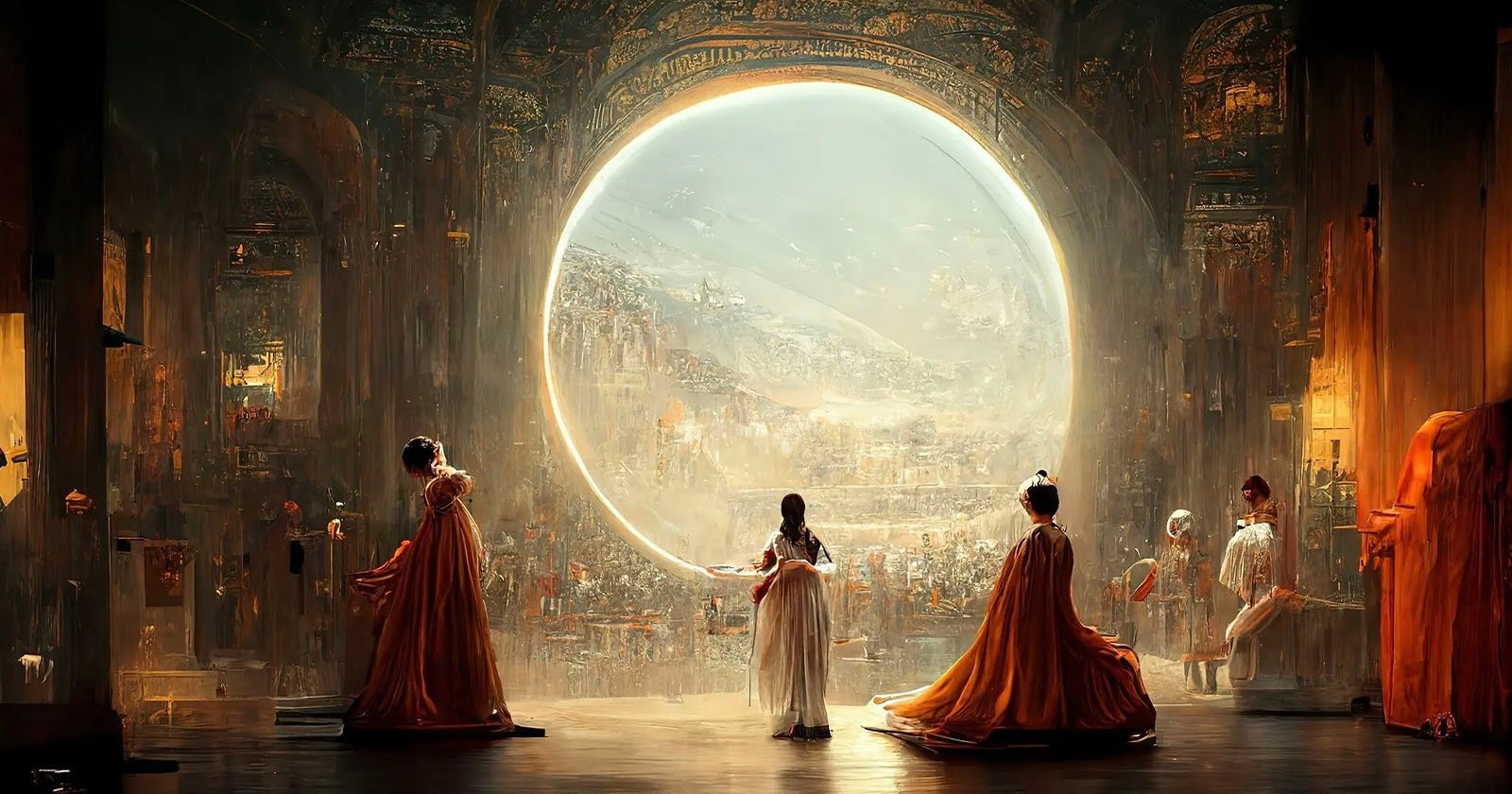An artist who infamously duped an art contest with an AI image is suing the U.S. Copyright Office over its refusal to register the image’s copyright.
In the lawsuit, Jason M. Allen asks a Colorado federal court to reverse the Copyright Office’s decision on his artwork Theatre D’opera Spatialbecause it was an expression of his creativity.
Reuters says the Copyright Office refused to comment on the case while Allen in a statement complains that the office’s decision “put me in a terrible position, with no recourse against others who are blatantly and repeatedly stealing my work.”



He did not make it. He essentially commissioned a machine to create an image for him using millions of pieces of art that were stolen from artists. It’s no different from commissioning an artist to draw something for you, except the artist turns out to be someone who traces bits of other people’s art, or copy and pastes it, and then you attempt to take credit for it instead by claiming that you made it. I predict that this lawsuit is not going anywhere as he does not have a proverbial leg to stand on.
What if he wrote the technology himself? Would that count?
What about games with “procedural generation” - does that count?
Last I checked, procedurally generated games all exclusively use their own internal assets. Apples and oranges.
Authors didn’t invent the alphabet. Painters didn’t invent colors. It’s rearranging pre existing work in a way that makes sense to the rules of a new system. Need a stronger definition to explain the difference.
Authors didn’t invent the alphabet. Painters didn’t invent colors. It’s rearranging pre existing work in a way that makes sense to the rules of a new system. Need a stronger definition to explain the difference.